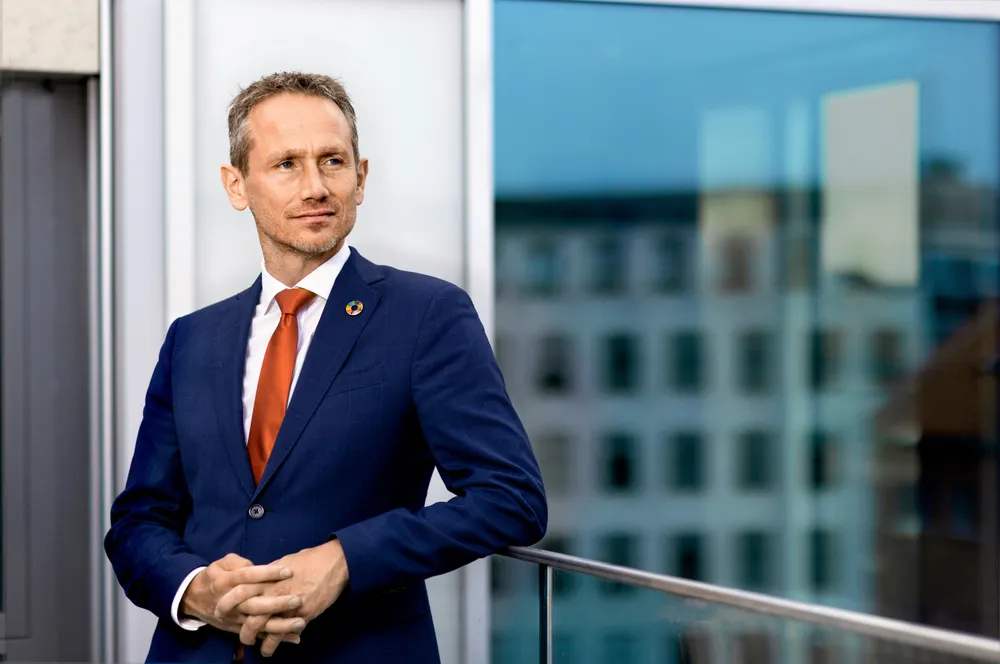Denmark postpones North Sea artificial energy island by three years
Nordic country delays plans for completion to 2036 and seeks German co-financing after support from Belgium evaporates

That would push the estimated completion date of the ambitious project to 2036.
“The energy island in the North Sea is such a large and expensive project that it must be realised through cooperation between several European countries. It is a good sign that Germany is interested in a dialogue about financing the interconnector,” Kristian Jensen, CEO of Green Power Denmark, said in a statement.
“The idea of an energy island in the North Sea has been on hold in recent years because an agreement with Belgium has not been reached. But with Germany's announcement, there is hope that the energy island can become a reality in the future.”
North Sea wind power can become Europe's green power engine, but this requires a fair distribution of costs and benefits among the European countries, he continued, adding that a German involvement would hopefully also prompt Belgium to move forward when they get a government again. (The country is in a complicated coalition-building process after inconclusive general elections on June 9, 2024).
“We should see this as an important first partial victory in a European political arm-wrestling match over infrastructure financing,” Jensen said.
It is not the first setback for the Danish energy island plan.
The Danish Energy Agency estimated costs for the state of more than DKr50bn for the project that then still was seen built by 2033. That means it would be far from being profitable – which had been a condition for previous cross-party political agreements.
Climate and energy minister Lars Aagaard in a LinkedIn post said: "You can dream of a great project. It is more difficult to realise it. We have therefore agreed from the start across the parties of the Folketing (parliament) that the finances of the project must be responsible.
"We should not complete the project at any cost – and that is why I already announced last summer that we will change the project so that the price comes down.
"A large part of the purpose of the energy island is to send electricity to other countries, and we have therefore worked together with Belgium."
After Belgian support was no longer a viable option, the Danish government had looked at other options, and "it is very positive that Germany in particular is showing great interest in being connected to the energy island," the minister said.
"We are so far in the dialogue with Germany that we are prioritizing our efforts to realize the project in the direction of cooperation with Germany - so that the energy island gets an electricity cable to Denmark and one to Germany.
The tender had already been postponed previously from an original start date in 2022.
A review of the finances alone is expected to take a year.
(Copyright)